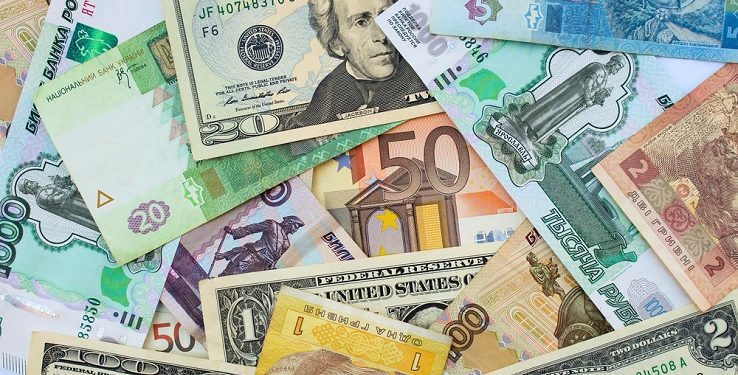New Delhi: India’s low macro-lending rates to prop-up growth as well as rising trade deficit on the back of expensive imported commodities is expected to keep the Indian rupee subdued in the short run.
Accordingly, the low macro-lending rates have pushed bond yields higher and stroked further inflationary fears, thereby, hurting rupee’s prospects.
“Rupee is expected to weaken a bit further as the central bank (RBI) has chosen to support growth and kept rates unchanged,” said Sajal Gupta, Head Fx & Rates at Edelweiss.
“Other factors such as high domestic and US bond yields, along with a rise in crude oil prices, higher trade deficit and lower economic growth forecast are all supporting this trend.”
On the other hand, Gupta added that a weak rupee will help the country’s exports to attain higher growth.
Last week, the rupee closed at 76.18 to a greenback.
According to Devarsh Vakil, Deputy Head of Retail Research, HDFC Securities: “Indian rupee is likely to weaken further next week as crude oil price surged on geopolitical worries. Foreign fund have been aggressive sellers of Indian equities and that is also a major sign of worry.”
“The Federal Reserve is likely to raise interest rates 50 bps in May and also begin shrinking its balance sheet. RBI will lag the US central bank and likely to raise rates in June. This policy divergence will lead to rupee depreciating further.”
Vakil expects the USDINR to head north with resistance placed at 76.50 while on downside it likely to hold support around 75.70 to a USD.
In addition, Gaurang Somaiya , Forex & Bullion Analyst, Motilal Oswal Financial Services said: “Market participants will watch out on how global crude oil prices behaves as it has recovered sharply from the recent lows.”
“Broader dollar strength is likely to keep the rupee weighed down and we expect the USDINR(Spot) to trade sideways and quote in the range of 75.70 and 76.50.”
IANS






































